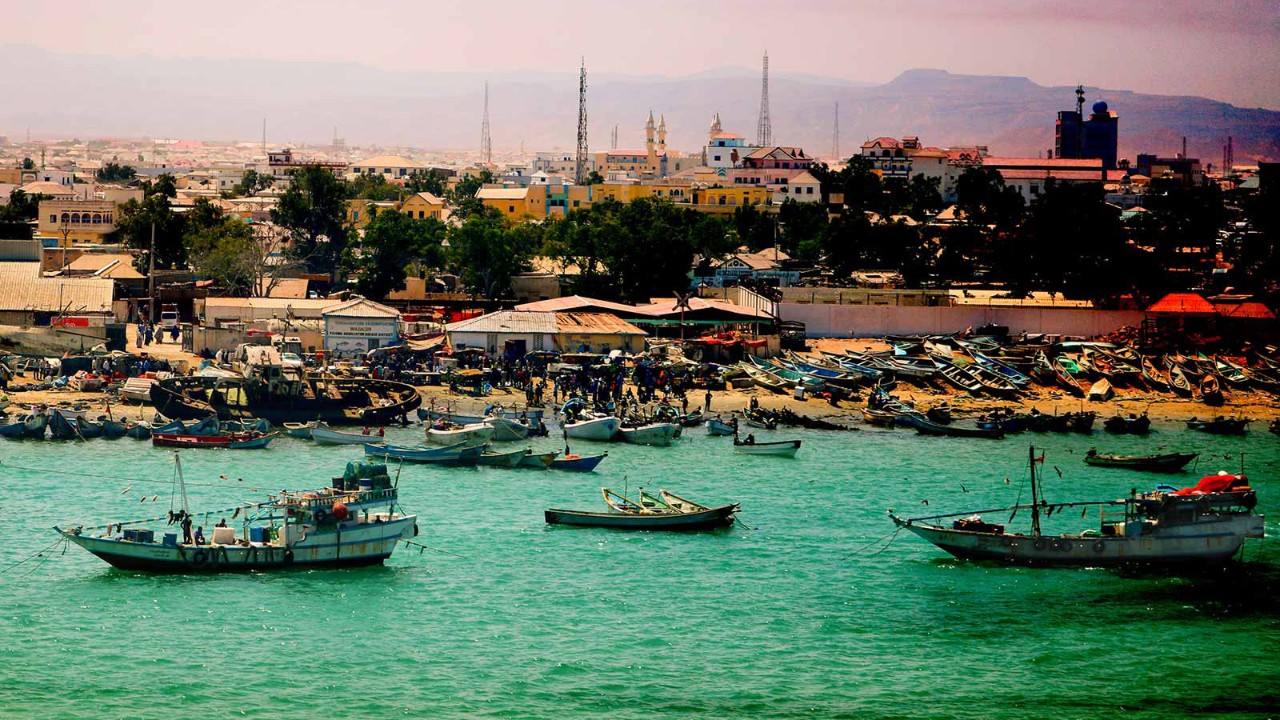
Somalia endured instability, insecurity, violence and war for years after the fall of its president Said Barre in 1991. But over the past 10 years, concerted efforts have been made to rebuild state and institutional structures to provide fundamental functions such as law and order, physical infrastructure and social services.
This in turn has generated a growing demand for statistics on social, economic and political development in the country. National statistics support good policymaking, providing evidence on progress and areas of improvement; they also enable monitoring and reporting on development results. Without reliable data and statistics, policymakers in Somalia simply cannot go about addressing the problems of sustainable development properly.
The census will give comprehensive data on the demographic, social and economic progress of the Somali people
This need is being met by the Somalia National Bureau of Statistics (SNBS), established in 2018 under the Statistics Act. SNBS is responsible for national censuses and surveys, sectoral statistics, the consolidation of selected administrative recording systems and the compilation of national accounts. It is now about to take a historic population and housing census for the country.
Since independence, only two attempts have been made at population censuses of Somalia, one in 1975 and the other in 1985/86; the first was published only in summary and the second not at all because of concerns about its accuracy. Post-civil war, the most recent statistical collection was a UN-backed population estimation survey conducted in 2014. But over the next 18 months, the SNBS census will give comprehensive and detailed data on the demographic, social and economic progress of the Somali people.
Somalia’s nascent insurance sector is in need of climate data for better decision-making in its processes
Substantial progress
In a reflection of the progress made, the United Nations’ Food and Agriculture Organization (FAO) is formally transferring to SNBS its Food Security and Nutrition Analysis Unit and its Somalia Water and Land Information Management project. The handover is being phased over three years. Food security, nutrition analysis, and water and land information are statistics that are vital for effective policymaking as the country pulls together towards sustainable development and anti-poverty action.
Even more importantly, Somalia is re-engineering its economy to be sustainable, making reliable climate data essential for both the public and private sectors. For example, the government wants to expand access to electricity but needs to identify energy sources that are climate-resistant – a number of hydropower-dependent countries have encountered power instability issues as climate change has impacted their energy sources. And, in the private sector, Somalia’s nascent insurance sector is in need of climate data for better decision-making in its processes.
There is little data that captures the impact of climate change and that could support effective policy planning
Somalia faces severe climate change extremes – from droughts and flash-floods to declining water levels driving water prices and increasing the likelihood of conflict over water. So far, there is little data that captures the impact of these climate changes on the livelihoods of citizens and that could support effective and responsive policy planning.
Accurate data
With its 2020 Statistics Act, the Somali government made official statistics the cornerstone of its approach by providing a quantitative basis for developing and monitoring its national development plan. SNBS aims to provide an unbiased and accurate picture of the economic, demographic, social and environmental situation and development of the country.
Statistics are also fundamental to the country’s state-building exercise – the importance of recreating Somalia’s reputation and public confidence cannot be overstated. SNBS, through its national statistics development strategy, has developed a set of initiatives to help raise statistical capability.
Mission
The Somalia National Bureau of Statistics is a standalone, independent agency with an independent board of directors. Its mission is to build a strong and dependable national statistical system and governance. It plans to increase its capacity to produce and disseminate quality statistics related to food security, nutrition, environmental and natural resources. The ultimate aim is to fill the current statistical gaps by ensuring the production and use of quality data.


